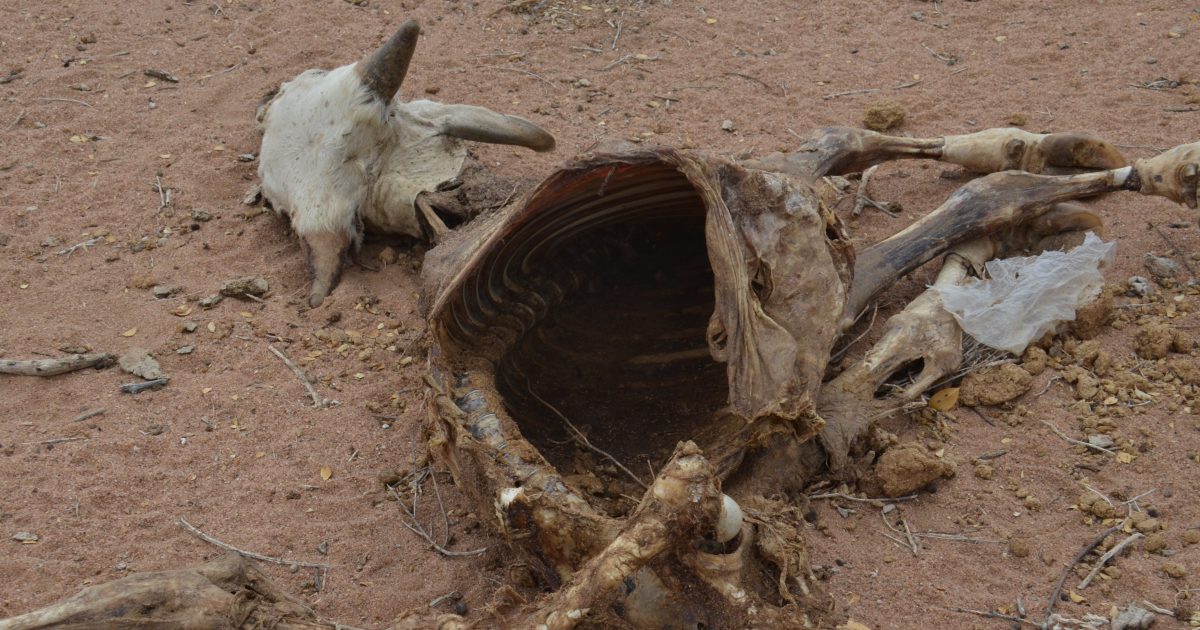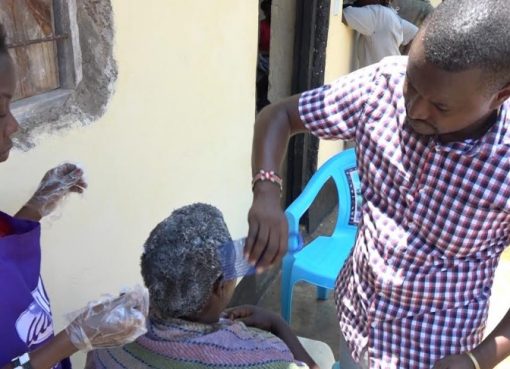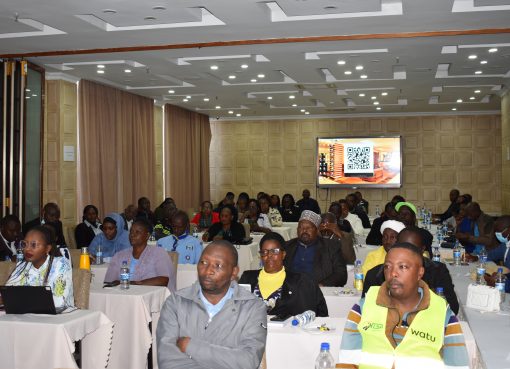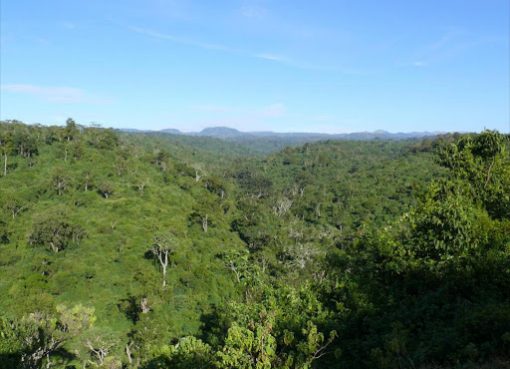Pastoralists in Tana River have been urged to register for the livestock insurance programmes to be cushioned against the losses they incurred during drought.
Many pastoralists in Tana are still apprehensive about taking up insurance facilities though many are counting carcasses of their cattle due to drought.
“Most of the time you will find our farmers are the ones who probably do not understand the purpose of that insurance. Insurance comes when the situation has worsened, to prevent the livestock from dying. It is an intervention that comes to cushion farmers from the effects of drought,” said Ismail Lambila, Tana River County Government Agricultural Officer.
He advised farmers to take advantage of the ongoing enrollment drives for the insurance facilities instead of spreading propaganda. So far, they have registered more than 2,500 pastoralists in Tana River, Bangale, Galledyetu, Tana Delta, and Tana Delta sub-counties.
He further revealed that The International Committee for the Development of Peoples (CISP), a civil society, is also conducting registration for livestock insurance targeting 2000 pastoralists.
Insurance is very useful. When there is a shortage of food and the drought continues for a long time, the price of livestock goes down. The proceeds from the selling of livestock due to reduced prices will definitely cater to one’s household food needs.
But a pastoralist who has insured his livestock will be able to buy pellets for the livestock to survive amid a shortage of forage.
According to the National Drought Management Authority (NDMA) Tana River County Drought Early Warning Bulletin for March 2022, “The return distance for livestock to grazing zones increased to 11 km during the month attributed to the reduction in water levels in most of the open water sources and poor conditions of pasture and browse in Pastoral and Marginal mixed therefore, livestock are walking long distances in search of good pasture and browse.”
The bulletin added that some livestock herds are currently moving towards fall-back grazing fields. The recharge levels in most open water sources within pastoral livelihood zones are on the decline.
By Sadik Hassan





